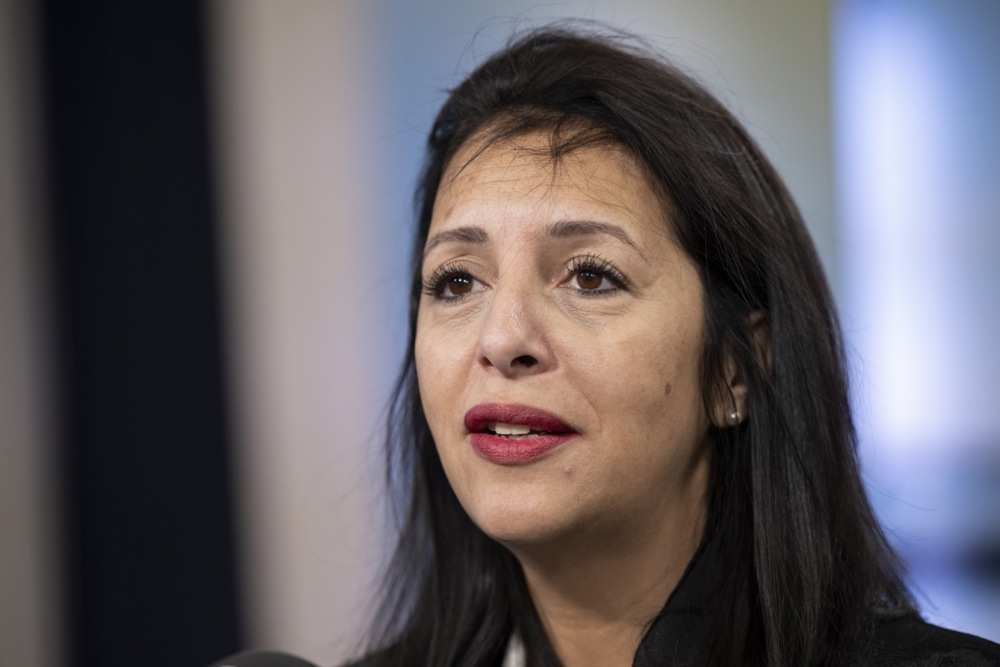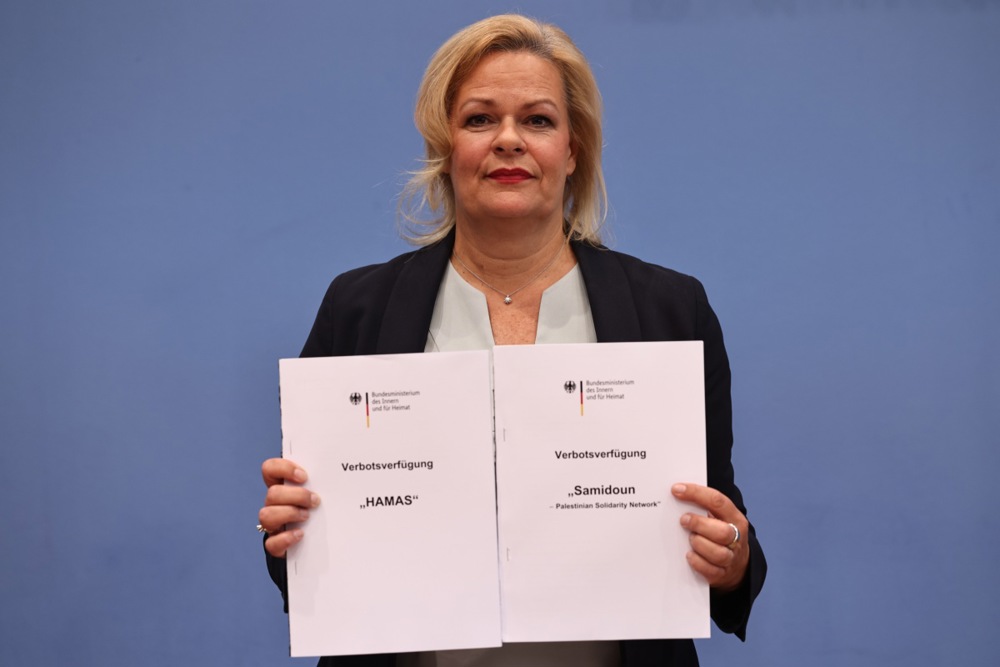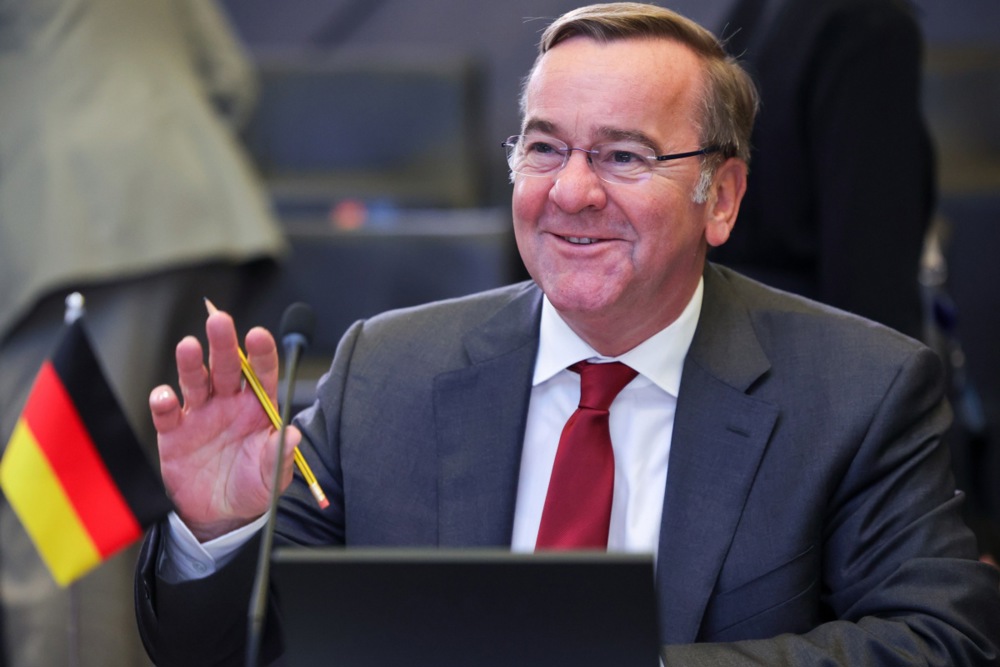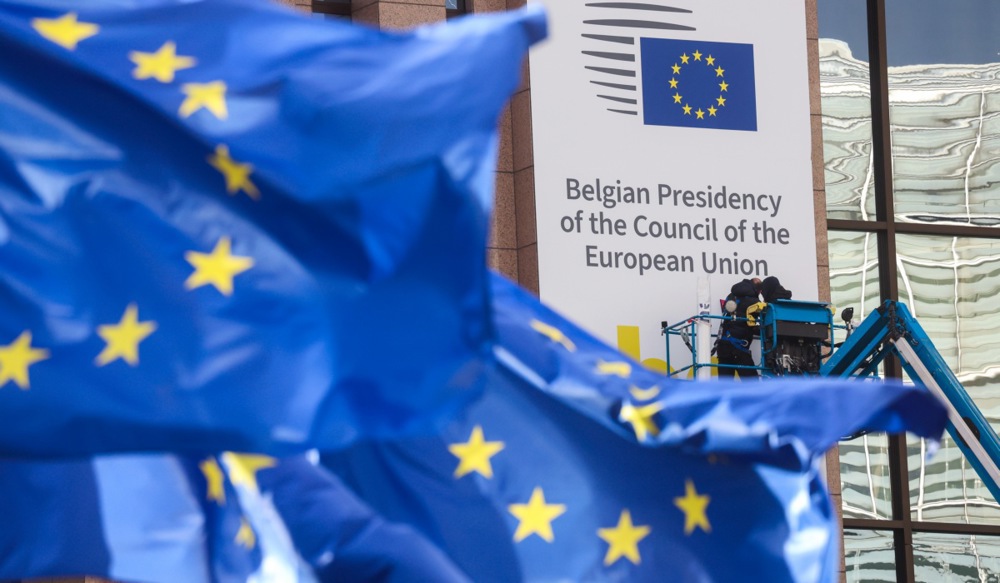Caroline Gennez, Belgian Minister of Development Co-operation, has outraged leading German figures by questioning whether, in light of the Israel-Gaza conflict, Germany was “on the wrong side of history, twice”.
Against Germany’s forthright support for Israel after the October 7 Hamas terrorist attacks, the Socialist minister claimed on January 10 there was a strong possibility Israel might enact “ethnic cleansing” in Gaza.
“It is hard to fathom that Germany allows itself to be manipulated like this by this Israeli Government’s blatant colonisation policy,” she told Belgian media.
“It is a crucial question for our German friends: are you really going to be on the wrong side of history, twice?
“Are we going to continue to stand by if ethnic cleansing were to take place? Surely that was ‘nie wieder’ [never again]?
“So I hope the Germans are willing to look deep into their own hearts, unburdened by their own historical traumas,” Gennez said.
Her remarks sparked an immediate backlash.
Martin Kotthaus, Germany’s Ambassador to Belgium, reacted on X: “Germany obviously has a special responsibility for Israel’s security because of the Shoah [Holocaust]. Comparisons of Shoah and what is happening now do not fit.”
Kotthaus pointed out that Germany acknowledged Israel’s right to self-defence, that more than 100 people are still held hostage and that rockets are continually being fired into Israel.
He added that Germany has also demanded Israel does everything it can to limit civilian casualties and condemned the building of illegal settlements, while calling for more humanitarian aid.
Finally, he pointed out that Germany has tripled its humanitarian aid for the people of Gaza.
Josef Schuster, head of Central Council of Jews in Germany, also sharply criticised the Belgian minister.
“Gennez demonises Israel incitingly and in the worst possible way. It denigrates the victims of the Shoah and defames the federal Government with a perfidious comparison to the Nazi state.”
Volker Beck, President of the German-Israeli Society, called for Gennez to resign. “How confused can one be that Israel’s self-defence can be equated with the mass murder of European Jews? This is crude anti-Semitism,” he said.
The European Jewish Congress also said it condemned Gennez’s comments “in the strongest possible terms”.
The controversy caused by the remarks may be problematic for Belgium as it has to lead Europe as head of the EU Council for the next six months, where it claims to promote unity and a global Europe.
Opposition parties in Belgium also think Gennez’s comments were foolhardy.
Former secretary of state for asylum and migration Theo Francken of the N-VA party said the minister “must apologise”.
“Germany is our most important trading partner. They even have a left-wing ‘green’ Government, apparently not radical enough for Gennez,” he added.
Christian-Democrat Catherine Fonck called the remarks “unacceptable” and said they “weaken Belgium in the presidency of the Council of the EU”.
Alain Destexhe, former senator, former secretary-general of Médecins Sans Frontières and former president of the International Crisis Group, said: “There are no words strong enough to condemn those of Belgian Minister Caroline Gennez.
“In a normal country, there would have been a reaction and she would have had to resign; in Belgium it happens, unfortunately.”
On January 12, Belgian Prime Minister Alexander De Croo and Foreign Minister Hadja Lahbib made clear they did not appreciate the comments by Gennez.
“I definitely want to distance myself [from them],” De Croos said.
“Let us play our part as President of the European Council to build consensus at the European level and this cannot be done by pointing the finger at one country.
“Our country was one of the first European countries to stress that no more innocent civilians should be victims. Other countries have followed suit.
“As President of the European Council, Belgium can lead other countries towards the adoption of a unified European position,” he said, while insisting that “any disagreements with Germany are resolved”.
Lahbib similarly said she found the minister’s comments “totally counterproductive”, especially given Belgium was now head of the European Council.
“So far, Belgium has been praised for its exemplary attitude. If we want to play a role, it must be that of a mediator and not an accuser,” she said.
“It’s a shame because it disrupts the gains we have made through our constructive attitude.”
Following the backlash, Gennez’s office said in a statement on January 12 that the minister had had a “positive conversation” the previous day with the German Ambassador to Belgium.
“Minister Gennez will continue to advocate for an ambitious and common European position in support of a permanent ceasefire in Gaza, the immediate and unconditional release of Israeli hostages and permanent and unhindered access for humanitarian aid,” the statement concluded.





